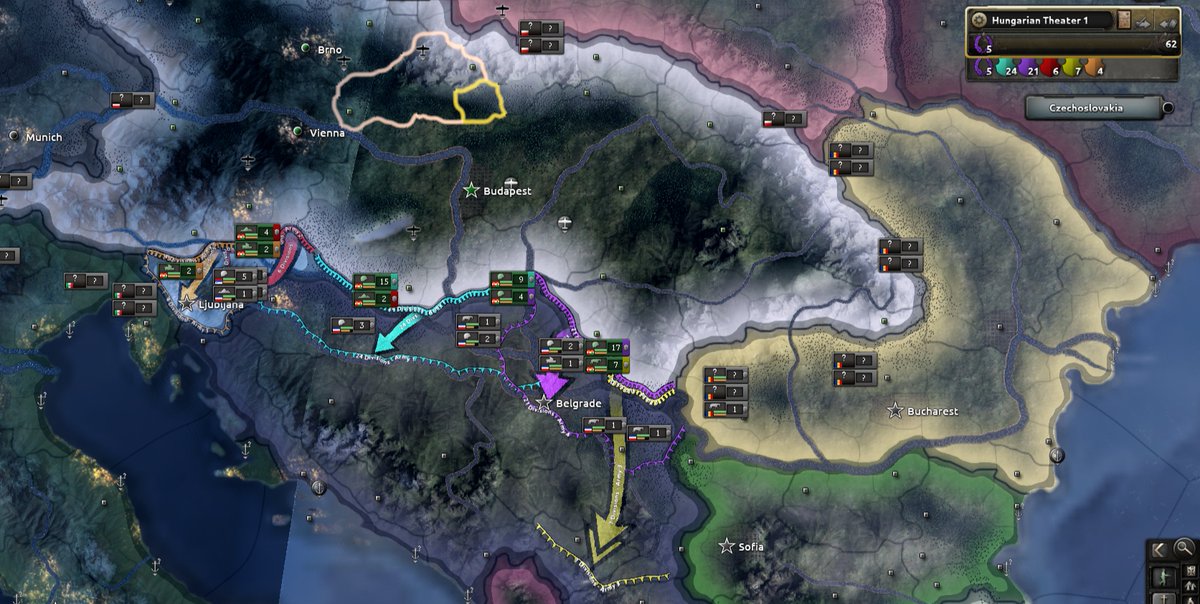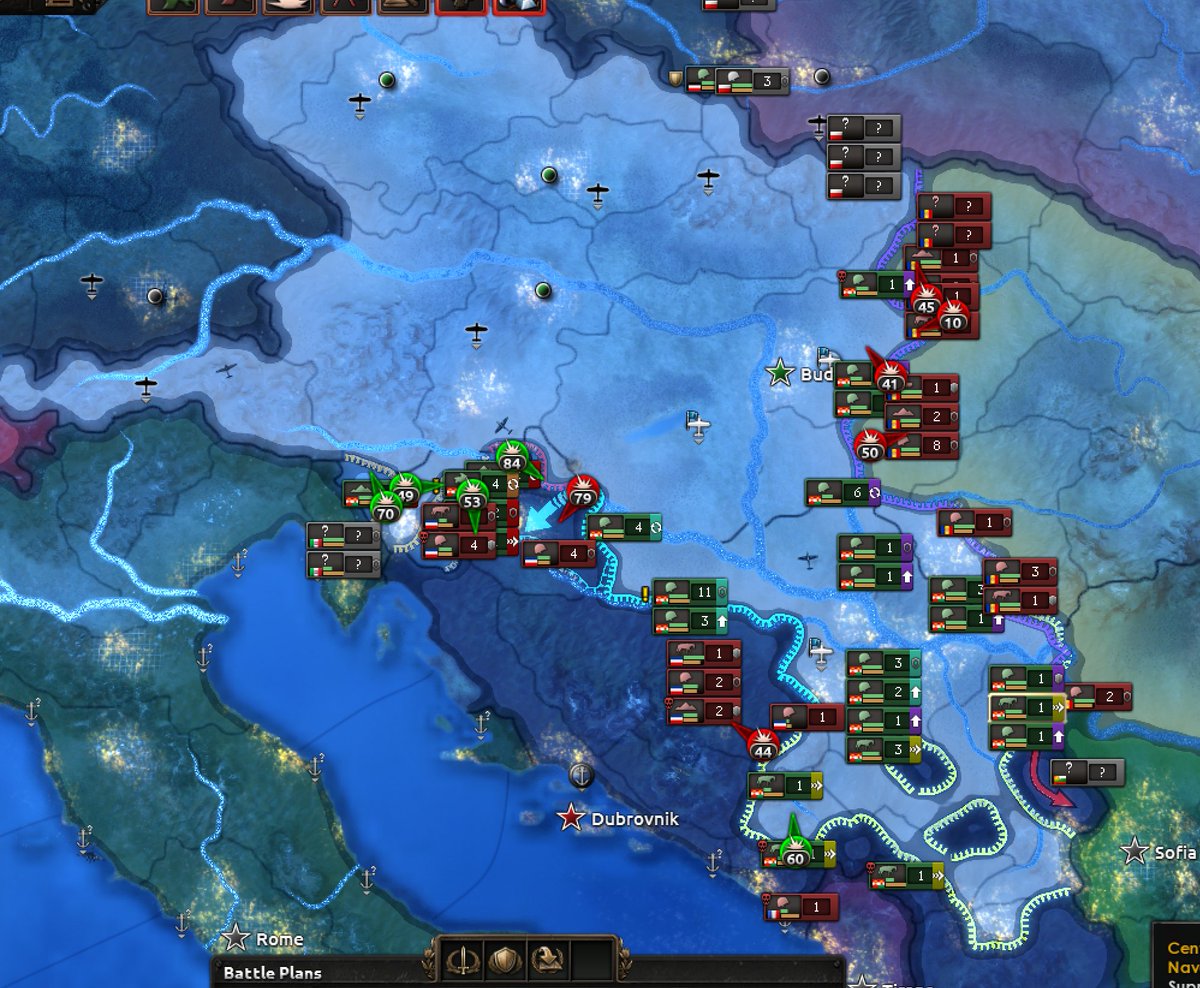
We used to play Next Gen in the playground at primary school. There was always a quick scrap over who got to be Geordi.
I know there are issues with the portrayal, but it got white kids fighting to play a blind, black character. That's normalisation.
I know there are issues with the portrayal, but it got white kids fighting to play a blind, black character. That's normalisation.
https://twitter.com/StarTrek/status/1420032236917870605
As I've gotten older, and rewatched and fallen in love again with Next Gen multiple times over, I've come to really appreciate Picard for the kind of Captain he is.
But Geordi... Maaaan Geordi always remains my favourite. The one I see the most reflections of myself in.
But Geordi... Maaaan Geordi always remains my favourite. The one I see the most reflections of myself in.
And I can't help but suspect that Geordi is one of the reasons I ended up with a career in tech, BUT ALSO why, when I was first offered a tech manager role at 23, I decided to step up into it.
Geordi made being a tech MANAGER, not just a developer, cool.
Geordi made being a tech MANAGER, not just a developer, cool.
I've never regretted that. I discovered I loved managing people and building teams just as much as I love code.
And whenever I watch Next Gen and see Geordi bossing that Engine Room with a mix of hardcore knowledge and human empathy for his team, I think:
"That's how to do it."
And whenever I watch Next Gen and see Geordi bossing that Engine Room with a mix of hardcore knowledge and human empathy for his team, I think:
"That's how to do it."
Anyway. That's my Geordi story. Enormous thanks to @stevesaylor for putting that Geordi video into my timeline.
@ucisa asked me to think about doing another CPD module for them.
I wonder if they'll let me do:
"Lessons from Trek: The Geordi Management Model" 😆
@ucisa asked me to think about doing another CPD module for them.
I wonder if they'll let me do:
"Lessons from Trek: The Geordi Management Model" 😆
And, as others have said, ENORMOUS credit for all this goes to Burton. He made Geordi as much, if not more, than the writing.
The strength and empathy he brought to the role was impossible to ignore.
The writers created Geordi. Burton got him promoted to Chief Engineer.
The strength and empathy he brought to the role was impossible to ignore.
The writers created Geordi. Burton got him promoted to Chief Engineer.
• • •
Missing some Tweet in this thread? You can try to
force a refresh









